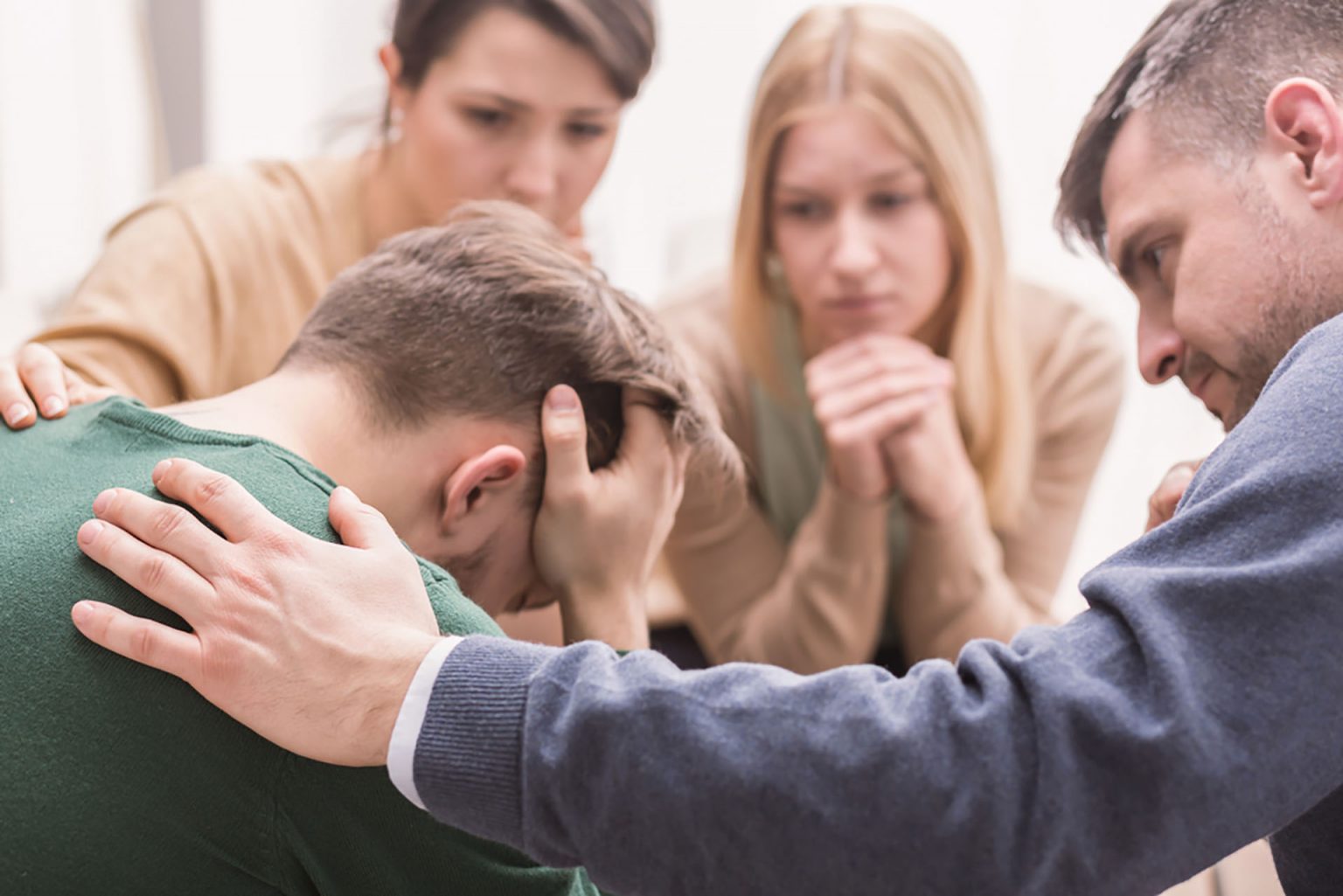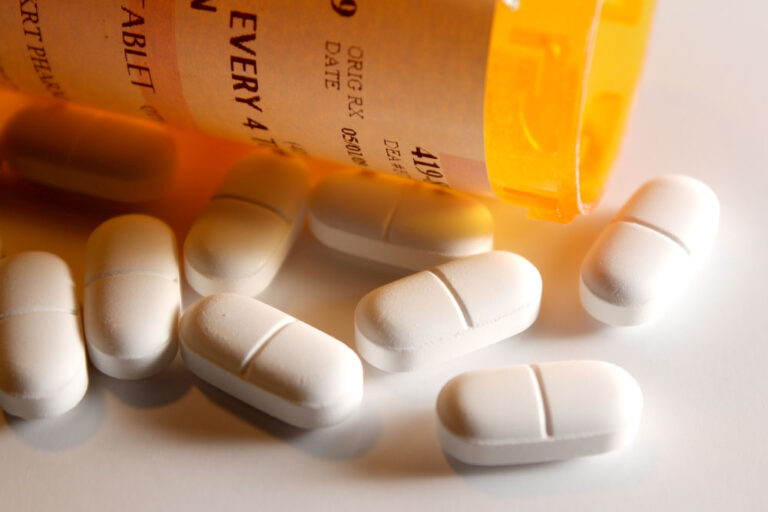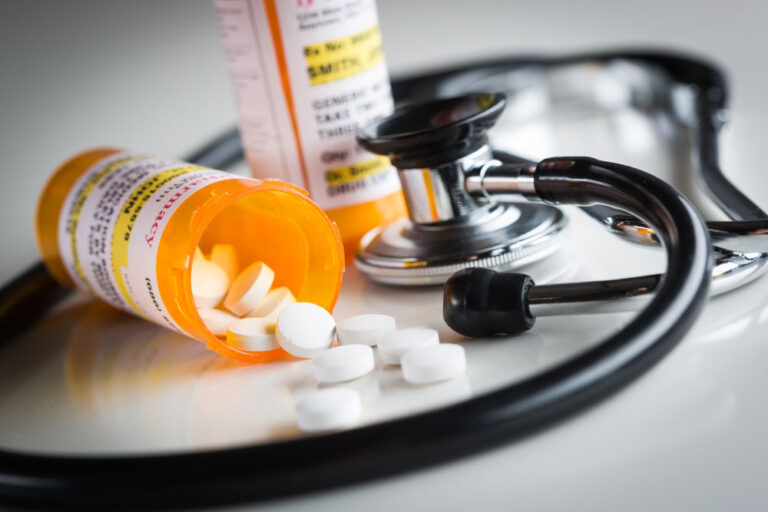Advice to Parents of Addicts, from Former Drug Addicts
Being the parent of a child who struggles with addiction is one of the toughest, most heartbreaking things anyone could go through. You want to do everything you can to take away the pain and suffering, but you don’t want to enable them to continue using drugs or drinking.
There are many articles online that are intended to give advice to parents of addicted children. But it’s hard to take advice from others who have never experienced addiction in their life. There are unique problems and intense emotions involved when someone struggles with an addiction, and you don’t know what it’s like unless you have experienced it yourself.
Parents who have struggled with addiction or who have had children struggle with addiction gave their own advice to those who currently have an addicted child. Here is what they had to say:
Offer to Educate Your Children About Drugs as a Preventative Measure
Many teens or young adults who start experimenting with drugs are inexperienced about drug use, the potential for abuse, and what exactly is in drugs that make them harmful.
Maria, who was formerly addicted to meth, explained the first time she tried it, she had no idea of all the harmful chemicals she was taking. She was addicted to a substance she didn’t know much about, and wasn’t aware of the damage she was causing herself.
Maria explained that her parents never talked to her about drugs, and she wishes that she was more educated about meth before trying it for the first time.
If you’re worried that your child might be experimenting with dangerous drugs, have an honest conversation with them about the reality of drug use and addiction. You have probably heard of the D.A.R.E tactic of “just say no”, but it’s best if you don’t use this method with your child. The truth is, your child will probably have a drink or casually smoke when they’re in high school or college.
Communication is key here. Teach your kids they will probably feel pressure to try different drugs and do they have an idea of what they could be getting themselves into. It might decrease their chance of trying meth, cocaine, and other dangerous drugs.
Most importantly, make sure your communication is honest and open. One of the failures of the D.A.R.E approach is that children and teens sense parents will reprimand or punish them if they find out they are experimenting with drugs, so they then hide it. This can be the worst-case scenario for your child, and it is exactly what you don’t want to happen.
Additionally, when parents take a zero-tolerance approach, this contrasts strongly with their drug use within their peer group. A zero-tolerance policy simply creates a divide between the parent and child, driving their use underground. This is usually when the lying and sneaking around starts to happen.
You want to avoid this kind of situation at all costs, so have open conversations with your son or daughter. If you’ve already gone the zero-tolerance route and that divide is already there, you’re going to have your work cut out for you rebuilding that bridge, but it can be done, so don’t worry.
Educate Yourself About Drug and Alcohol Addiction
David Sheff, the author of the book Beautiful Boy, didn’t know how to deal with his son’s addiction. His son, Nik, used marijuana, alcohol, cocaine, and later struggled with meth addiction for many years. Nik refused to go to rehab for a long time, but when he finally agreed, David was relieved.
David thought the nightmare was over. His son went to rehab and was finally clean, he’ll stay sober, right? Unfortunately, David didn’t understand how common relapse is, especially for meth users, and was shocked when his son went back to his previous behaviors.
David wished that he was more educated about addiction, and knew just how difficult it is for many to stay sober after participating in dangerous behaviors for years. More importantly, he wishes he’d known what support strategies he could help with as a parent. Rehab is the beginning of a journey, not a fix in itself, and a good treatment program will involve the family to give them support techniques to increase the chances of a successful long-term recovery.
Many parents also don’t understand that drug use is sometimes fueled by unresolved trauma. Unfortunately, it’s very common for victims of physical or sexual abuse, bullying, or other traumatic incidents to turn to drugs or alcohol when they’re older. It’s very important that you offer support to your child if they have suffered from something traumatic, and encourage them to receive therapy for their addiction and for their unresolved trauma as well.
Sometimes You Need to Focus on Yourself
Nik Sheff, the inspiration for the book Beautiful Boy, explained that sometimes, there’s nothing a parent can do to help their child get sober, but this isn’t always true. A parent can always help and provide support, but, ultimately, the final decision will be your child’s and you need to focus on your own well-being as much as theirs.
As you’ve probably realized, you cannot force your child to finally quit using drugs or drinking and go to rehab. If you show them support and love, arranged an intervention, avoided enabling them, and encouraged them to get help, you’ve done just about everything you can. Don’t stop, but also realize that your constant focus on them may be the exact thing preventing you both from moving forward.
An empty well has no water. If you expend all your energy helping your child, leaving nothing for yourself, then it puts you in a position where you may actually be hurting the situation more than helping. It’s simply not possible to help someone else well if you aren’t taking care of yourself at the same time.
Nik’s father explained that while his son was struggling with meth addiction, his whole life revolved around Nik and how he could get him sober. Of course, this makes sense, you want to protect your child and make sure they’re not suffering anymore. However, the decision to finally get help was up to Nik, and every time his father begged him to seek addiction treatment, he was sorely disappointed.
Going through this alone can make this process even more difficult. There are many groups out there for parents of addicts, such as Nar-Anon family groups and Parents of Addicted Loved Ones. Being around a community of people who can relate to your problems and offer support can be the solace that you desperately need.
What Programs Your Child Can Seek Help for Recovery and Addiction
If your child has realized they finally need to seek addiction treatment, or you need some help persuading them, give Shadow Mountain Recovery a call today. We have experienced staff that can help combat addiction to any drug, and we specialize in holistic treatment to treat the mind, body, and spirit.
If you or a loved one needs an individualized treatment plan to help with meth addiction, call Shadow Mountain Recovery today: 866-768-9790 or check out our options for residential treatment here.









